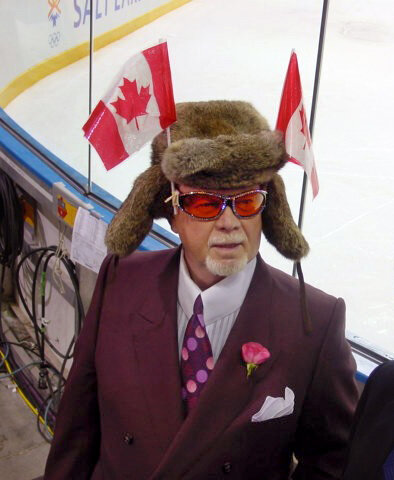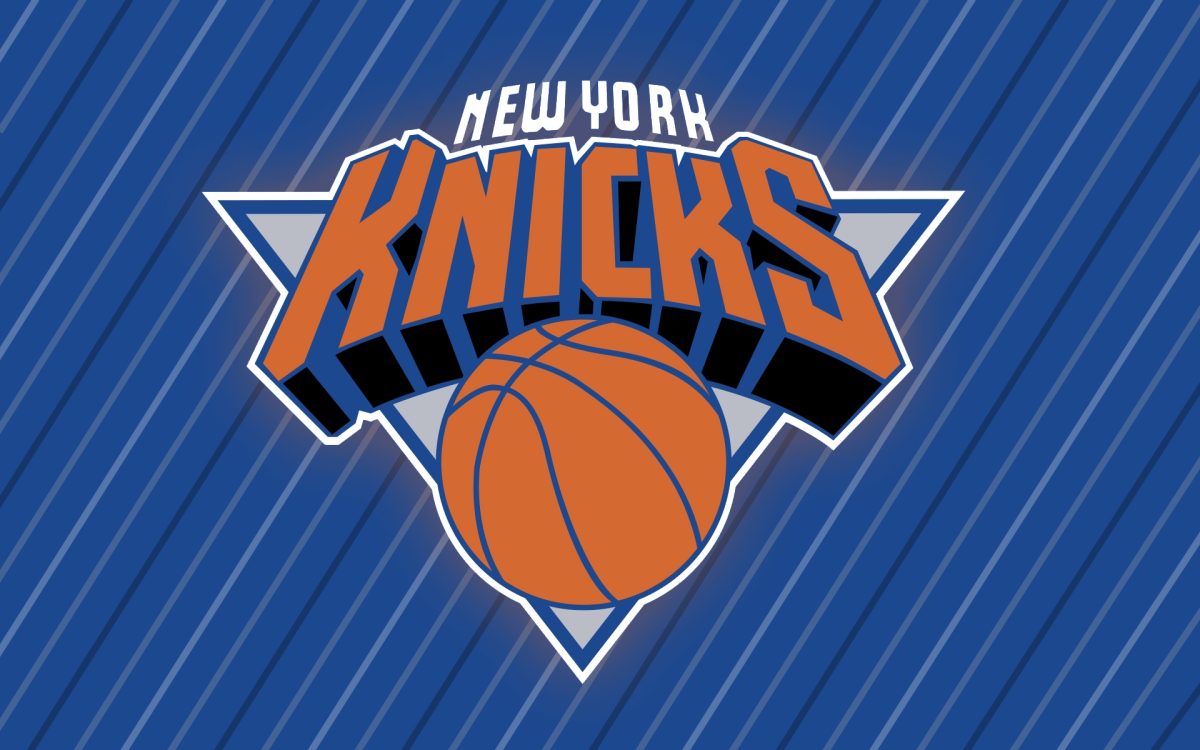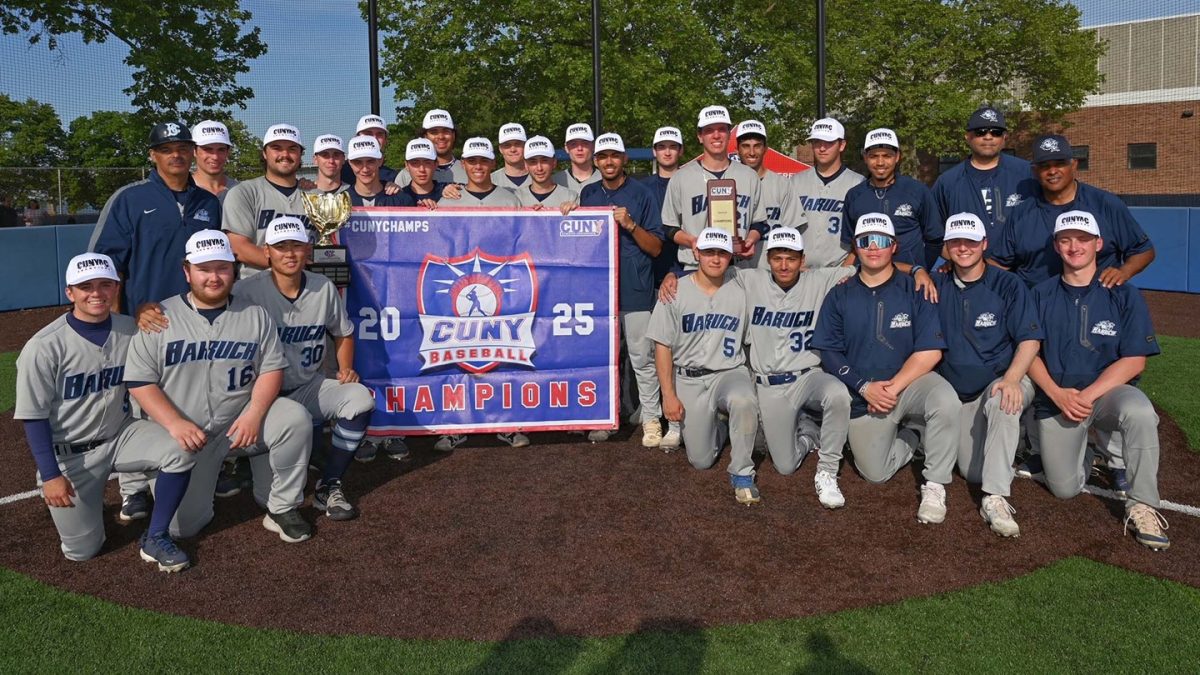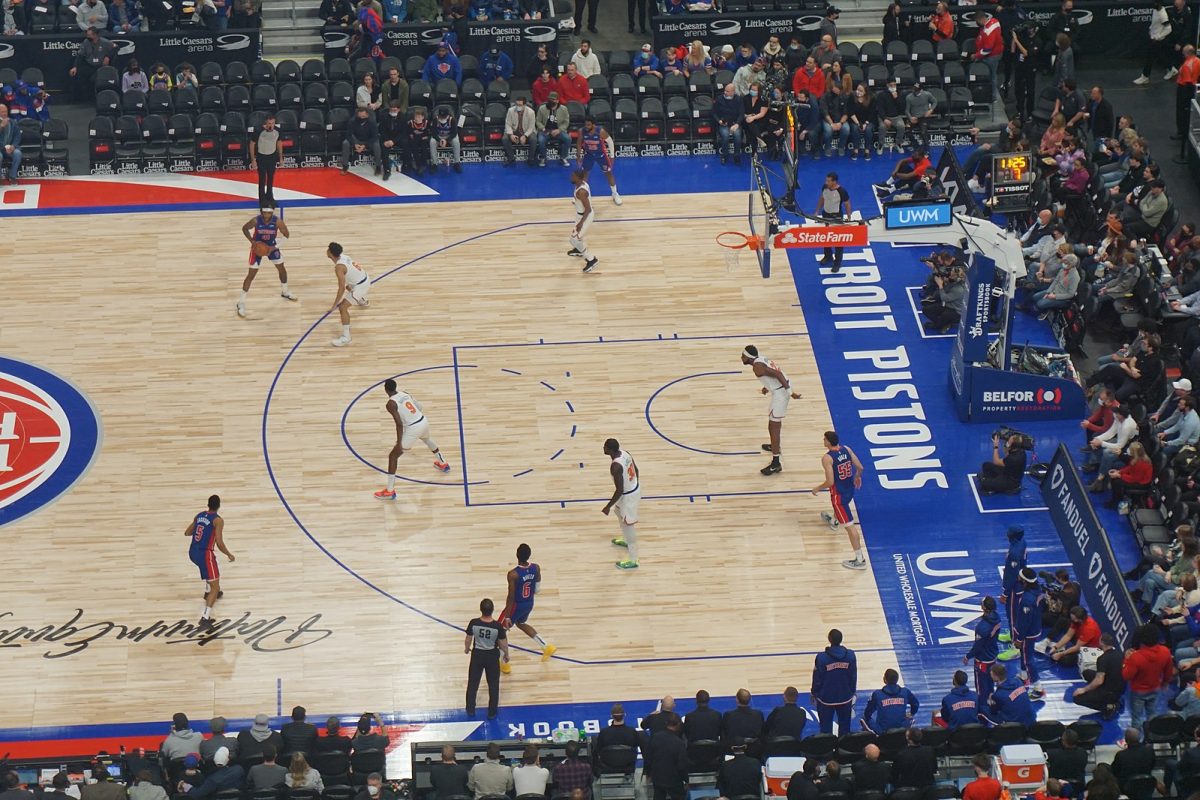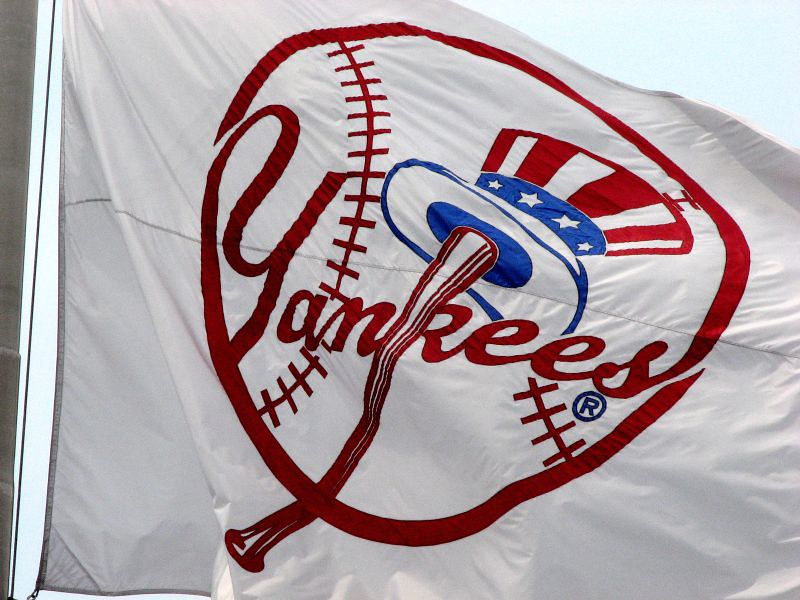Off-ice drama and controversy is rare in the NHL. Despite the physical and, at times, violent nature of the sport of hockey, there are a lot of examples of why it is considered a sport of class, sportsmanship, and mutual respect. The handshakes between teams at the end of a playoff series and the so-called “code” that players follow during a game are prime examples of that.
But what fans do not realize is that there have been examples of how toxic the culture of the sport has gotten.
Many old-school tactics amongst traditionalists within the hockey realm would be considered unethical, heinous, and even bush league in the current times of society.
That could not have been more present in the events that transpired in the past few weeks with iconic names like Don Cherry and Mike Babcock being placed under fire. It seemed, for a brief window of time, that perhaps the NHL and hockey in general would be forced to reckon with the toxic culture that has long surrounded the sport.
On Nov. 9, Cherry, a long-time hockey and Canadian TV personality, went off on a toxic, anti-immigrant rant during his Hockey Night in Canada segment. In his baseless screed, Cherry targeted Toronto’s immigrant population for what he saw as a lack of support for the country’s veterans.
Cherry stated that “You people that come here, love our way of life, love our milk and honey. At least you could pay a couple of bucks for poppies or something like that. These guys paid for your way of life that you enjoy in Canada.” Cherry has long been known for his inflammatory rhetoric, but his comments on that Saturday, while not so different from what he has said in the past, were the final straw.
Two days after that tirade, Sportsnet, the network that employs him, announced that they had decided to part ways with him.
Despite the firing, Cherry has doubled down on his comments and has no plans on changing his views. He does have a long history of making such remarks while being able to use his national platform to avoid any severe consequences. The once-revered folk hero within the sport of hockey was finally axed for his “divisive, racist rhetoric.”
Nine days after Cherry’s firing, Babcock, who coached the Toronto Maple Leafs since being hired by the Original Six franchise in 2015, was fired after the team opened the season with an underwhelming 9-10-4 record.
His firing was strictly performance-related, as the Leafs were eliminated in the first round of the Stanley Cup Playoffs in three consecutive years and got off to a very poor start to this season. This season, the expectations were sky-high, with all their star forwards securing massive contracts, the last being young star Mitch Marner.
Marner, who led the Leafs in scoring last season and signed a six-year, $65 million contract this past offseason, suddenly became a main subject of a different issue several days after Babcock’s firing.
A story was revealed that during Marner’s rookie season, in 2016-17, Babcock told him to rate his fellow players based on work ethic. Under the guise of confidentiality, Babcock revealed the list of players and specifically targeted those that Marner had ranked at the bottom of the list. Marner’s teammates had his back, knowing that he only did this task because he was a rookie and that Babcock’s actions were considered incredibly bush league.
Babcock and Marner both spoke about the incident, with Marner trying to brush it off and focus on this current season, while Babcock appeared to be apologetic for his actions. Not too long after this incident was made public, the biggest domino of these series of events suddenly fell. While Marner says he’s moved on from his incident, confirmation of Babcock’s actions empowered at least one other player to come out with his own far more disturbing story of locker room dysfunction.
This particular one was significantly worse and involved a situation that happened 10 years ago.
On Nov. 25, former NHL player Akim Aliu connected Babcock’s actions to the behavior of Calgary Flames coach Bill Peters. Akim alleged Peters, a protégé of Babcock, used racial slurs towards him while they were both with the Chicago Blackhawks’ American Hockey League affiliate, the Rockford Ice Hogs.
Peters called Aliu, who is of Nigerian and Ukrainian descent, the n-word multiple times because he did not like the music Aliu was listening to. The actual quote that Peters used in that locker room incident has been revealed, per TSN’s Frank Seravalli, and is incredibly disturbing. Aliu’s initial complaint about the incident did not make things any better, as he was actually demoted to the ECHL as a result.
The very next day, Aliu’s allegations were followed by other reports of physical abuse against Peters from former Hurricanes player Michal Jordan while he was a coach there. Jordan shared that Peters had been physically violent towards him as a coach and stated that he had been kicked “pretty hard in the back during a game” and that multiple players saw it.
Amidst these allegations, the Flames suspended Peters while they were investigating the incidents. He did not coach the team in their game against the Buffalo Sabres on Nov. 27, as the investigation was still ongoing, led by Flames general manager Brad Treliving.
That same day, Peters issued an apology letter to Treliving regarding the incident. However, in his apology letter, he does not once mention Aliu and instead insists that his words were not directed to anyone in particular. He also contradicts Aliu’s version of events and insists he apologized right after he uttered the words. Peters seems to place more weight not on his own actions, but on how they reflect on the club.
Two days later, Peters submitted a letter of resignation to Treliving, effectively relieving him of his duties as head coach of the Flames.
These incidents and allegations involving Cherry, Babcock and Peters all resemble what the culture of hockey has been. Hockey culture has long been known for its strict allegiances to codes and hierarchies, and revered for its adherence to tradition.
It values silence, conformity and, above all else, obedience. As shocking as the allegations against Peters were, it is sad but not surprising that this behavior went publicly unreported for 10 years. There exists a huge imbalance of power between players and management and for young players especially, the decision to challenge a coach, even an abusive one, could cost them their career.
Real change in hockey, though, the kind that creeps all the way through the bantam leagues to the pros, will not be achieved without a hard, painful look in the mirror, and will require everyone, from fans to players to the media, to examine the role they play in perpetuating these systems. Even though there is no disputing that Peters’ actions and words are reprehensible, players and fans are at odds, debating the culture of the sport, the nature of its toxicity and how deep it actually runs.
The NHL and hockey in general has always been known for its stoicism and toughness, the ability of players to grit their teeth and just power through tough times. That attitude provides cover for all manner of sins and has for generations.
At this moment, only a few players have come forward with their own stories, but it seems clear that there are many more just waiting to be told.
Whether or not players continue to share them will be the real test. One thing is clear though, people are listening, and more players are speaking up. Cherry, Babcock and Peters are signs of a shifting landscape.


